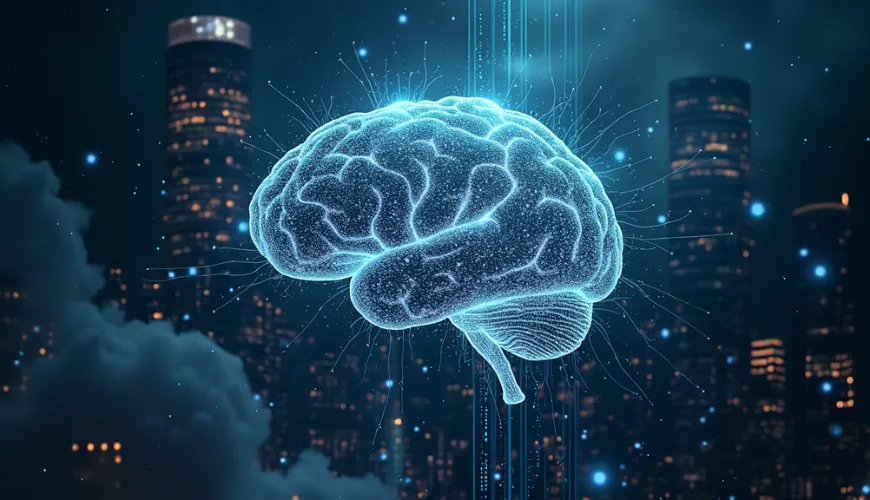DeepMind, Google's AI research lab, has released a sweeping 145-page paper outlining its strategy for mitigating the potential dangers of Artificial General Intelligence (AGI)—AI capable of performing any intellectual task a human can. The paper, co-authored by DeepMind co-founder Shane Legg, foresees the arrival of what it calls Exceptional AGI before the end of the decade.
According to the report, Exceptional AGI would match the capabilities of the top 1% of human adults across a wide array of cognitive tasks, including those requiring metacognitive abilities. DeepMind argues this kind of intelligence may bring transformative societal benefits, but also severe harms—including existential risks that could threaten the future of humanity.
Contrasting Philosophies on AGI Safety
DeepMind positions its approach as more grounded than that of rivals like Anthropic and OpenAI, criticizing them for either downplaying robust security measures or overemphasizing automated alignment research.
While OpenAI is now reportedly turning its focus to developing superintelligence, DeepMind's authors express skepticism about the short-term viability of such systems without major breakthroughs in architecture. However, they do find recursive self-improvement—AI improving its own design through research—plausible, and potentially perilous.
A Safety Roadmap, Still Under Construction
At a high level, the paper outlines several early-stage solutions, such as:
- Blocking access to AGI systems by malicious actors
- Enhancing interpretability to better understand AI decision-making
- "Hardening" environments where AI is deployed to prevent misuse
Despite acknowledging that many techniques remain theoretical or immature, DeepMind urges the AI community not to delay serious safety planning. "To build AGI responsibly,” the authors argue, "frontier developers must proactively plan to mitigate severe harms.”
Pushback From the Academic Community
However, not all experts are convinced. Heidy Khlaaf, chief AI scientist at the AI Now Institute, criticized the paper's framing, suggesting AGI is too vague a concept to evaluate rigorously.
Matthew Guzdial, assistant professor at the University of Alberta, also expressed doubts about recursive improvement. "It's the basis for singularity arguments, but we've never seen any evidence for it working,” he said.
Meanwhile, Sandra Wachter of Oxford University highlighted a more immediate concern: generative AI models learning from inaccurate or hallucinated data. "We're already seeing AI reinforce its own errors,” she warned. "That's a significant safety issue.”
The Debate Continues
While DeepMind's publication is among the most detailed roadmaps to date, it may not bring consensus. The disagreements about AGI's feasibility, timeline, and risk profile persist—leaving open the question of how best to balance rapid progress with caution in one of technology's most high-stakes frontiers.



